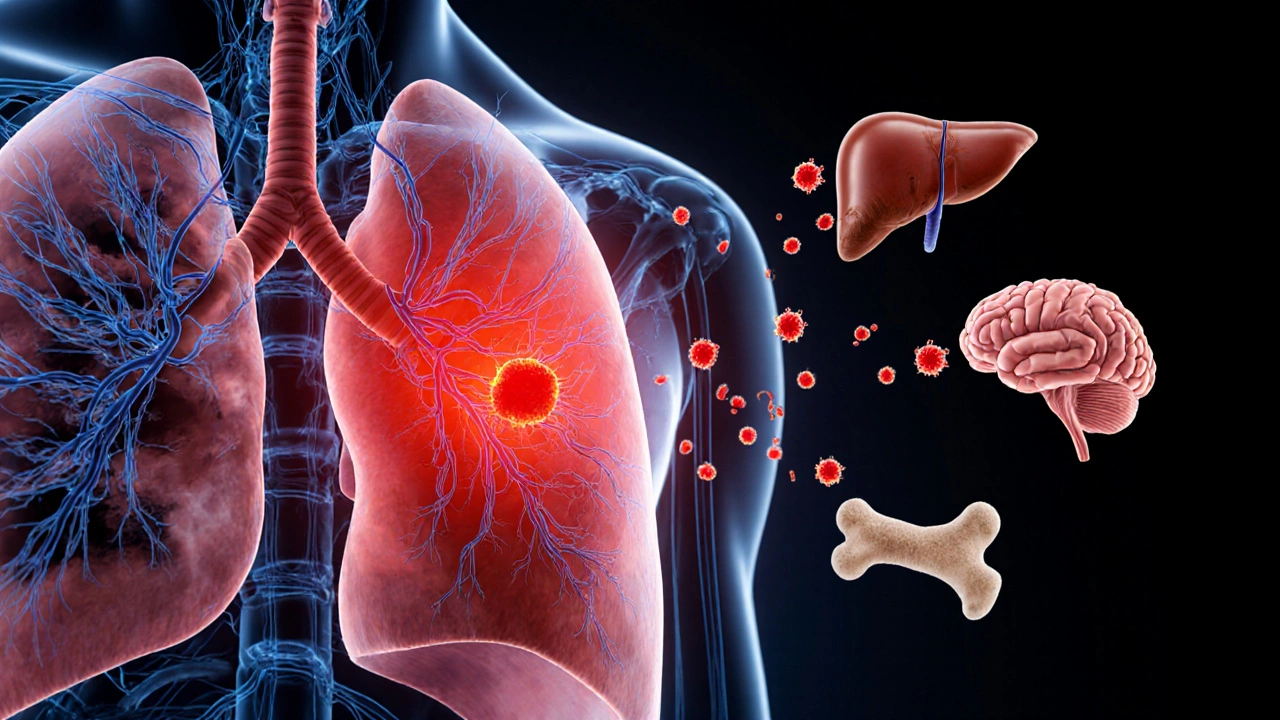Cancer Remission: What It Means and Why It Matters
When talking about cancer remission, the period during which cancer signs are reduced or disappear after treatment. Also known as remission, it signals a shift from active disease to a controlled state, though it isn’t the same as a total cure. Immunotherapy, a treatment that harnesses the body’s immune system to attack cancer cells often triggers remission by targeting hidden disease. This process shows that remission requires effective therapies and regular monitoring to stay on track.
One major driver behind recent remission stories is targeted therapy, drugs designed to block specific molecules that fuel cancer growth. By zeroing in on genetic mutations, targeted therapy can shrink tumors and keep them at bay, especially in lung, breast, and colorectal cancers. When combined with immunotherapy, the two create a powerful synergy that raises remission rates across many cancer types.
Key Factors Influencing Remission Success
Remission isn’t a one‑size‑fits‑all outcome; it depends on several factors. The stage at diagnosis matters—a patient caught early has a better chance of entering remission than someone with advanced disease. Lifestyle choices like nutrition, exercise, and stress management can also support the body’s response to treatment. Regular follow‑up scans and blood tests act as checkpoints, helping doctors catch any relapse early and adjust therapy before the disease spreads again.
Understanding the difference between remission and cure is crucial. A cure suggests the cancer will never return, a claim rarely made in medical practice. Remission acknowledges that while the disease is undetectable, it could reappear, so vigilance remains essential. This nuance shapes how doctors discuss prognosis with patients and plan long‑term care.
For those facing stage 4 disease, hope often comes from the latest clinical advances. Stage 4 cancer survival, the expected life expectancy and quality of life for patients with metastatic cancer has improved markedly thanks to combination regimens that include immunotherapy, targeted agents, and sometimes surgical interventions. While statistics vary by cancer type, many patients now live years beyond what was once considered possible, enjoying meaningful time with family and friends.
Below you’ll find a curated list of articles that dive deeper into each of these topics—how remission is measured, real‑world case studies, treatment side‑effects, and practical tips for living well during and after remission. Whether you’re newly diagnosed, in treatment, or supporting a loved one, the resources ahead give you actionable insights to navigate this complex journey.




